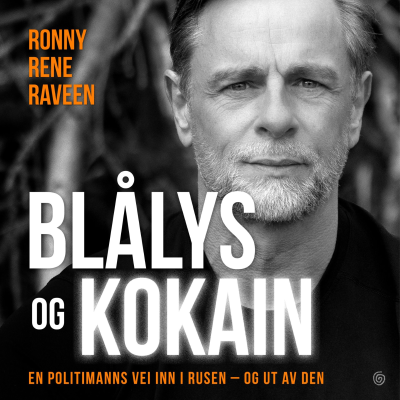
INSTITUTE OF THE AMERICAS
engelsk
Nyheter og politikk
Prøv gratis i 14 dager
99 kr / Måned etter prøveperioden.Avslutt når som helst.
- 20 timer lydbøker i måneden
- Eksklusive podkaster
- Gratis podkaster
Les mer INSTITUTE OF THE AMERICAS
The Energy Podcast Series is brought to you by the Institute of the Americas Energy Program, working to foster a deeper understanding of the most critical energy issues facing the Western Hemisphere.
Alle episoder
30 EpisoderOil Prices, Pipeline Outages and Reducing Subsidies in Ecuador: A Conversation with Julian Pastor, Partner at Sempertegui Abogados
As with most oil-producing countries, Ecuador has been greatly impacted by the global supply glut, demand destruction and price crash. But adding insult to injury the country has also had to manage a major landslide that crippled much of its oil pipeline infrastructure. Energy Minister Rene Ortiz has nonetheless issued a call to action for a historic moment to reduce fuel subsidies in the Andean nation. We connected with Quito-based lawyer, Julian Pastor a partner at the firm of Sempertegui Abogados to discuss how Ecuador is navigating the COVID-19 crisis, as well as the challenges for the nation’s energy sector.
Mexico Rumors Swirling About Private Sector Energy Projects
Mexico marks March 18 with rumors swirling about private sector energy projects, but there are three other steps for greater possible impact. March 18 is a seminal date in Mexico. Indeed, this year marks the 82nd anniversary of the famed announcement by President Lazaro Cardenas to expropriate private firms and nationalize the Mexican oil industry. In 2020, the date has become a marker for what many hope is a major speech from President Andres Manuel Lopez Obrador with regards to the nation’s energy sector. While the project list and announcement is important, there are three areas and simpler steps that may be more important to improve the sector’s outlook this year.
“Samba” auctions, a model for Latin America
After a quarter of a century since Brazil started its power sector reform, there are a number of lessons learned and best practices to inform the policy debate across Latin America. Given large amounts of hydro resources, and the imperfections in the mechanism for system expansion and the scheme adopted to induce efficient contracting Brazil engaged in a second wave of reforms in 2004. This process resulted in the incorporation of the obligation for every load in the system to have a contract to back that power, with the contracts obligated as the result of auctions. The criterion for contracting at auction is the smallest tariff with standardized contracts. Terms range from 5 to 30 years. Brazil has expanded its installed capacity almost two-fold from 91 GW in 2005 to 158 GW in 2017.
Will Argentina’s provinces have a renewed role in national energy policy under the Fernandez administration?
Alberto Fernandez assumed the presidency of Argentina on December 10. According to reports, the administration’s energy policy is set to be submitted to Congress for debate with the goal of concluding it before the end of the extraordinary session in February. There have been a series of meetings and statements since President Fernandez took office that point to a renewed role for Argentina’s provinces in helping to set the agenda and shape the policy debate. Photo by: Casa Rosada (Argentina Presidency of the Nation)
Mexico, Clean Energy and the Paris Accord
Mexican president Andres Manuel Lopez Obrador marks one year in office on December 1. As the milestone approaches, rhetoric and innuendo swirling around the country’s energy sector and particularly its renewable energy outlook has begun to take the form of more concrete actions and policies.
Velg abonnementet ditt
Premium
20 timer lydbøker
Eksklusive podkaster
Gratis podkaster
Avslutt når som helst
Prøv gratis i 14 dager
Deretter 99 kr / måned
Premium Plus
100 timer lydbøker
Eksklusive podkaster
Gratis podkaster
Avslutt når som helst
Prøv gratis i 14 dager
Deretter 169 kr / måned
Prøv gratis i 14 dager. 99 kr / Måned etter prøveperioden. Avslutt når som helst.

































